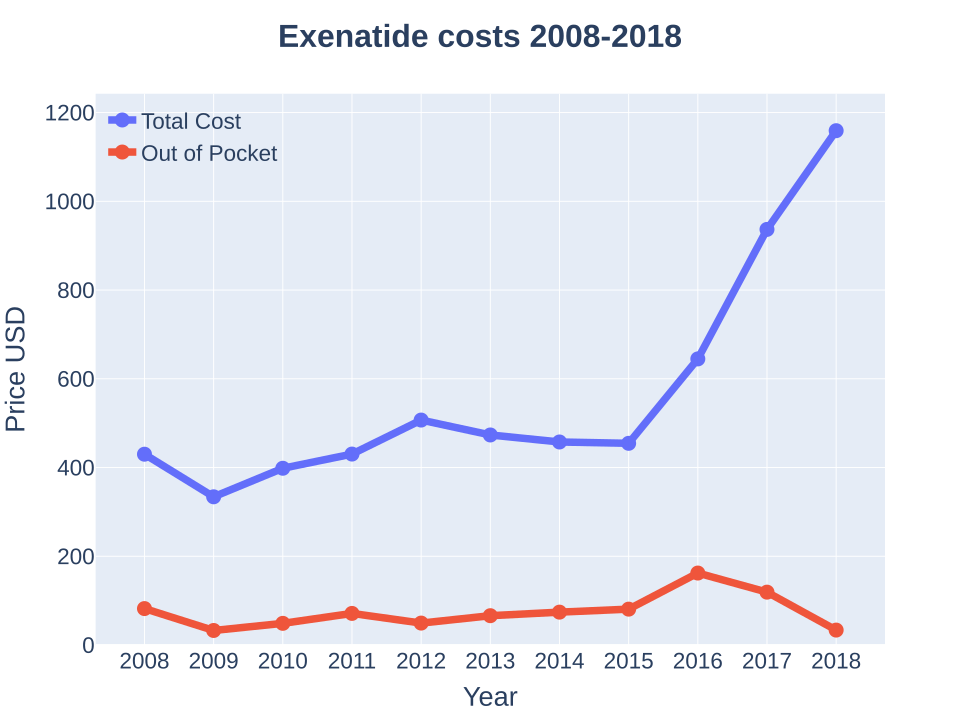New Enzyme Discovery Offers Hope for Cholesterol Management and Inflammation Control

Scientists at The University of Texas at Arlington (UT Arlington) have made a significant breakthrough in the field of cholesterol regulation and inflammation management through the identification of a new enzyme, Indoleamine 2,3-dioxygenase 1 (IDO1). This enzyme can be effectively 'turned off,' potentially leading to innovative treatments for various diseases affecting millions of Americans, including heart disease, diabetes, and cancer. The findings were published in the peer-reviewed journal *Langmuir* on June 27, 2025.
Recent research indicates that IDO1 becomes activated during periods of inflammation, producing a substance known as kynurenine, which impairs macrophages' ability to absorb cholesterol effectively. By inhibiting IDO1, researchers found that macrophages regained their cholesterol uptake capacity, leading to a potential reduction in the risk of chronic diseases linked to cholesterol imbalance.
According to Dr. Subhrangsu S. Mandal, Professor of Chemistry at UT Arlington and lead author of the study, "By blocking the enzyme IDO1, we are able to control inflammation in immune cells called macrophages. Inflammation is linked to many conditions—from heart disease to cancer to diabetes to dementia." This research underscores the critical role inflammation plays in various health issues and suggests that targeting IDO1 could be a promising approach to mitigating these diseases.
The research team, which included postdoctoral researcher Avisankar Chini and several graduate and undergraduate students, explored the relationship between IDO1 activity and cholesterol processing in macrophages. They discovered that excessive cholesterol accumulation in these immune cells can lead to clogged arteries and subsequent heart disease.
The findings also highlight another enzyme, nitric oxide synthase (NOS), which exacerbates the effects of IDO1. Inhibiting NOS may further enhance the therapeutic potential of IDO1 blockade. Dr. Mandal remarked, "These findings are crucial because we know too much cholesterol buildup in macrophages can lead to clogged arteries and heart disease. Understanding how to prevent the inflammation affecting cholesterol regulation could lead to new treatments for conditions like heart disease, diabetes, cancer, and others."
The implications of this research extend beyond just cholesterol management. Inflammation is a fundamental response of the immune system that, when dysregulated, can contribute to a range of serious health conditions. By focusing on the enzymatic pathways involved in this process, researchers hope to develop targeted therapies that can restore balance in cholesterol levels while simultaneously controlling inflammation.
The next steps for the research team include investigating the specific interactions between IDO1 and cholesterol regulation, as well as assessing the roles of other enzymes. If safe methods to inhibit IDO1 can be developed, it could pave the way for novel drug therapies aimed at preventing inflammation-related diseases.
This study is part of a broader trend in medical research that seeks to understand the biochemical mechanisms underlying chronic diseases. With approximately 47% of American adults living with high cholesterol, as reported by the Centers for Disease Control and Prevention (CDC) in 2021, the potential for this research to lead to effective treatments is significant.
In conclusion, the discovery of this new enzyme and its role in cholesterol regulation presents a promising avenue for future research and therapeutic development. As scientists continue to unravel the complexities of inflammation and its impact on health, advancements in this field could transform the landscape of disease prevention and treatment.
Advertisement
Tags
Advertisement





